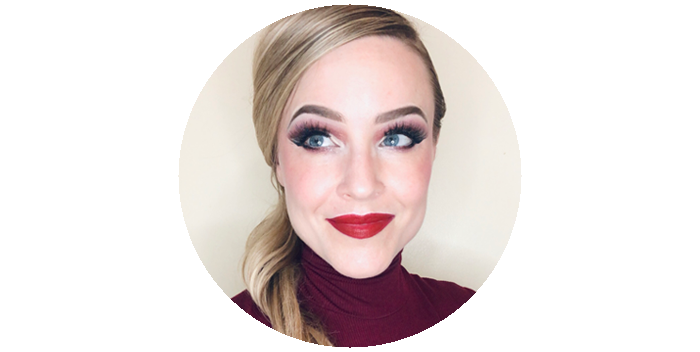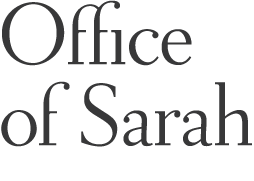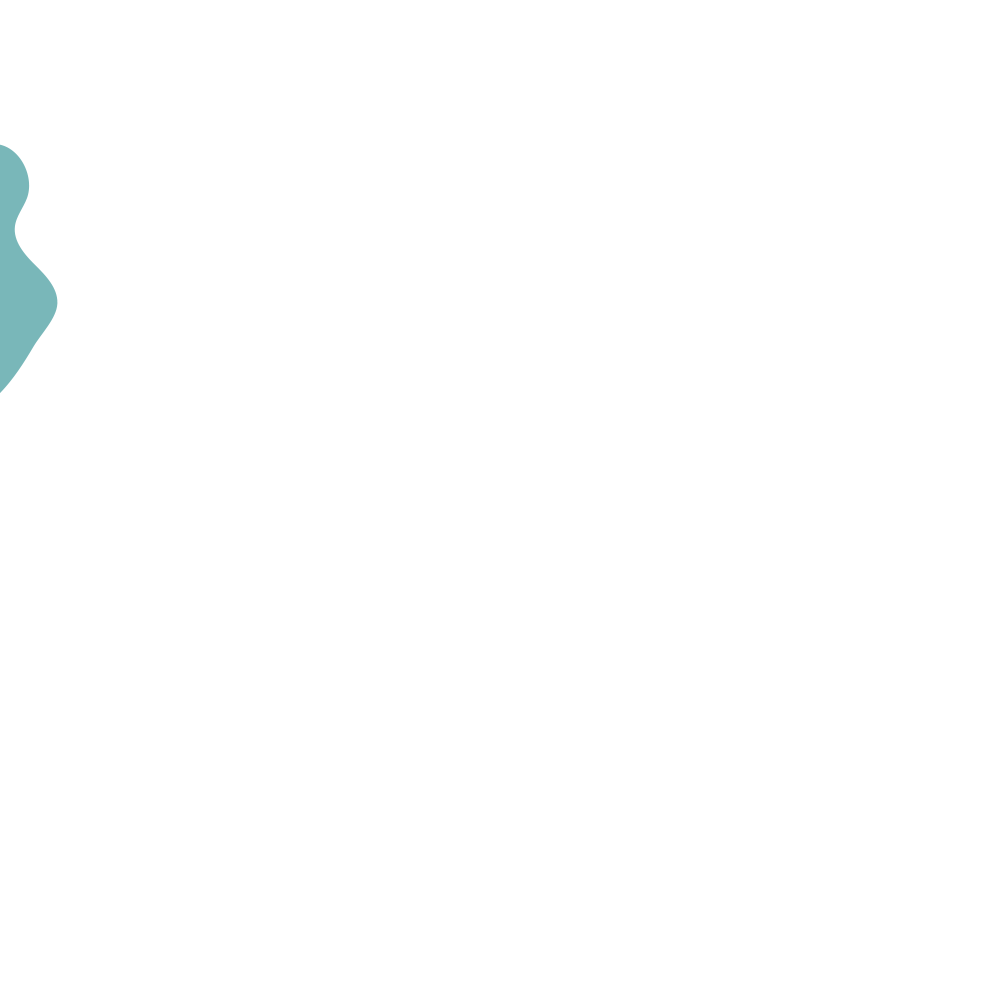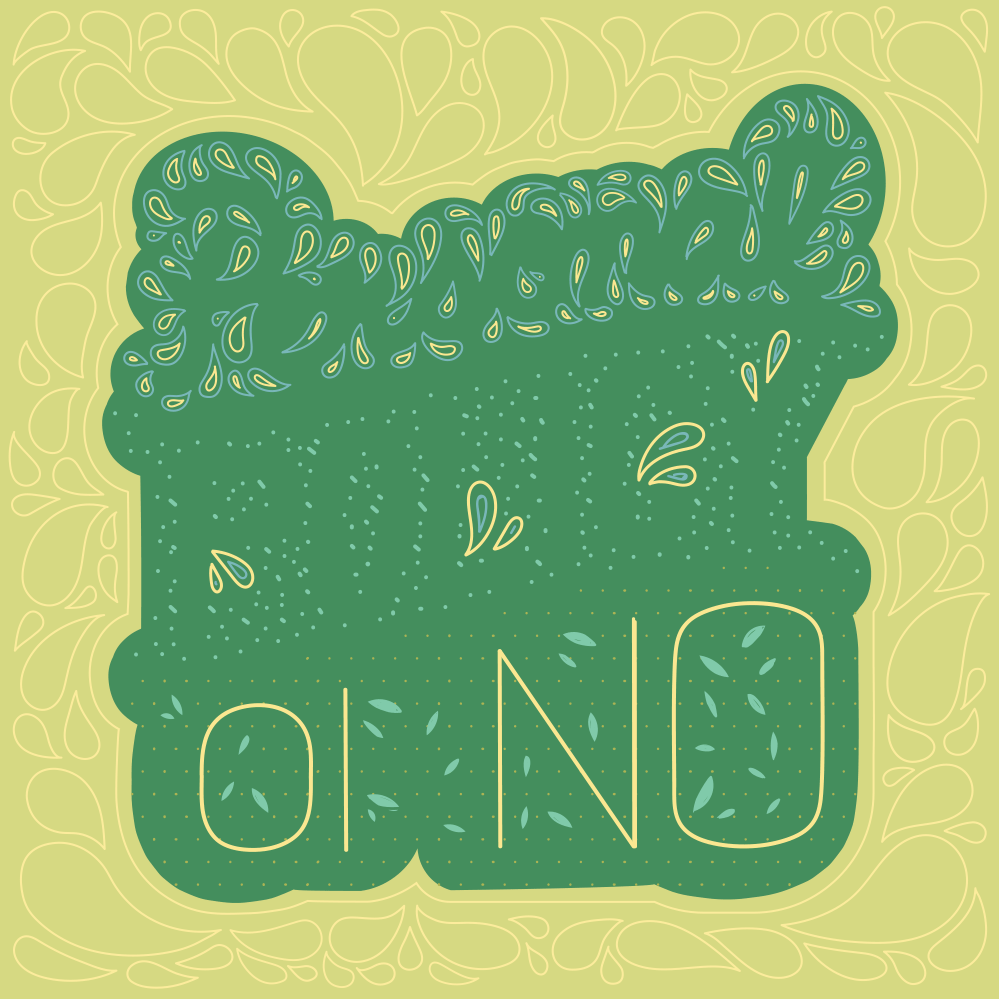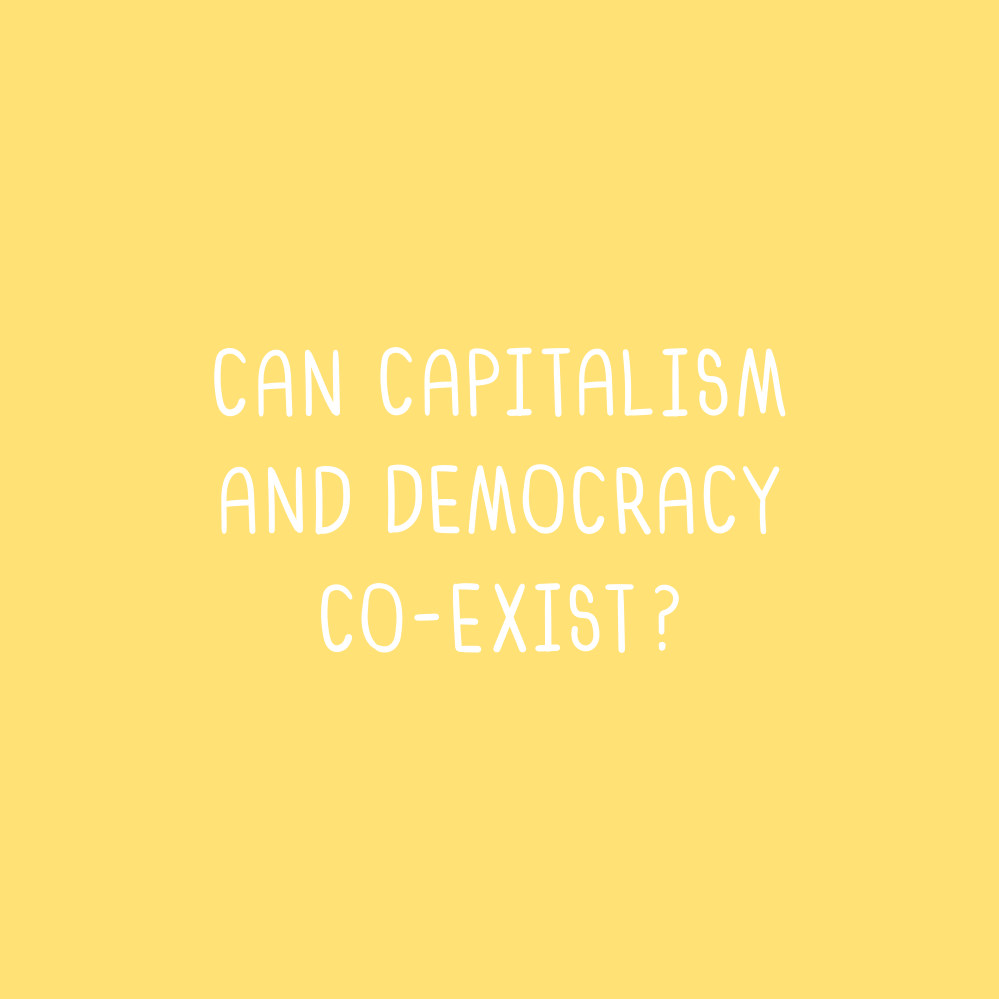Confessions of a Politically Unsavvy Gal
I have a confession: I’m a full-grown adult, and I don’t understand politics.
Politics has always seemed like reality TV or sports to me, in that I couldn’t find it the least bit interesting or purposeful. So, like many other stupid TV shows (with their backstabbing and loud, headache-inducing aesthetics) I just chose to ignore it. Perhaps sports is the better analogy, though, because I did (and do) see politics and sports as being so very similar. For example, they are both (generally speaking, please don’t “not all sports” me here) games played by men (at least the well-paid ones…), who see the role of women to be mainly, or purely, ornamental, with many (seemingly arbitrary) rules, whose goals (both literal and metaphorical) seem – at worst – self-serving and silly, and at best, pointless*. I understood that politics influenced many issues that affected me, but I didn’t see how (besides voting) I had any power to change or influence any of those decisions. This blog post is me trying to unpack:
why I have a mental block when it comes to politics,
why I think I need to overcome this, and
what exactly this “politics” thing is, and where I might fit in.
*I acknowledge that many of my own extra-curricular amusements could most definitely be categorized to be just as silly as sports, but (in my humble opinion) sports enthusiasts take themselves too damn seriously and are ripe for a little bit of mockery. Plus, mocking sports is one of MY favorite pastimes, and at least I’m not demanding a million-dollar sports salary and permanent section of the newspaper for it…
A political-sized mental block.
Growing up, politics fell into the category of things I didn’t need to worry my “pretty little head about”. There were no circles (or role models) in my formative years where groups of women talked seriously about politics, at least not ones that I was invited to listen in on or participate in. Politics was for serious men, and it was made clear to me (on so many levels, in so many ways) that I was a silly little girl. If I deigned to ask a question on the topic, I was generally met with one of two responses: a patronizing smile combined with something to the effect of a pat on the head and “it’s too complicated for you”, or laughter at the stupidity of my question. I was not actively invited into political dialogue, or made to feel that my thoughts and perspectives mattered in those discussions. Someone laughing at you and making you feel stupid won’t necessarily break your bones, but it can lead you to quietly close the door and avoid that room, if ever possible, in the future.
There was nothing in my official elementary or high school education that taught me anything useful about politics (although perhaps MANY useful things were learned in the inter-politics of junior high girls). Looking back, is it any wonder that my interest would drift when we reviewed the “Canadian” and European political histories? List after list of serious white men: I did not see myself reflected in this realm at all (side note: this is why representation of race and gender in all fields matters! So children can look at those lists and say, “hey, if that person can be that, I can be that”). My one poignant memory of high school “Social Studies” class is my (female) teacher telling me I couldn’t expect more than a B in her class because I just didn’t have the depth or chops for the material that the boys had (you think women don’t absorb the self-hatred misogyny of the culture around us? Think again). Thank god for provincial exams, which meant I left with an A (and the highest mark in the class overall, thank-you-very-much) despite that bitter woman (not to say she might not have had legitimate reasons to be bitter and misogynistic – don’t we all? But maybe formative-high school teacher wasn’t her true calling?). The problem is I still can’t say I learned much of anything of worth. In fact, lately, all I feel like I’ve been doing is unlearning all the lies and half-truths presented to me in “history” class.
Even by the end of university, the fullness of my political education could be summed up in the single sentence: “You should vote, because – democracy?”
My career of choice (arts, graphic design) meant that my college years were filled with drawing classes rather than political science lessons. My non-school hours were taken up with learning how to live on my own in the Big City (I grew up on an acreage, a 15-minute drive from the nearest small town), working part-time jobs, and managing a full course load. I saw students running for student council, but I had now been conditioned to put this into the box “not things for me”. My (admittedly uneducated) perception of student politics was snack trays, planning Welcome Back Fall parties, and a myriad of very dull meetings, none of which appealed.
In hindsight, my self-identification as a feminist might have been my first true political act, since I was aware (however vaguely) that to identify as a feminist was, indeed, a political statement. Even before I had the vocabulary for feminism, I felt it, realizing (in whatever way that a sheltered, naive white girl who had a safe, happy and secure childhood in Canada can understand, at least) that feminism (i.e. the equal rights of women) was important. I suspect that my great-great-great grandmothers must have given me a certain inheritance of both sadness and fire, because even as a young child I had equal shares of both and an urgent need to do all the things, ASAP! as if I needed to make up for lifetimes of lost time, with a critical sense of immediacy. Folks claim “patience is a virtue”, but have you ever noticed that it’s often a virtue pushed by the very powerful as an admonishment on the less powerful people below them, as a way to ignore or delay delivery for their needs?
At a certain point my ideas of political parties in general began to coalesce, which frankly didn’t bode well for my chances of an excited foray into the political sphere. To my eye, political parties were essentially pyramid schemes, built on layers of key words, showmanship, and promises that everyone implicitly understands no politician ever plans to keep (which I still, BTW, find to be a very accurate description). The political system behind those politicians felt, to me, as inaccessible as cocktail parties when you’re ten: you don’t understand why everyone wants to go to them, you don’t understand what they’re talking about, and either way, you have the distinct feeling that you’re not invited.
It would be accurate to say that my main political involvement in my twenties equated to… voting. And even then I had the distinct suspicion that I was doing it “wrong”, because, well, people told me as much. I naively voted for what I thought our country needed most (which for me meant voting Green) and any time I mentioned this fact out-loud I was given the “pretty little head” pat, or was laughed at for “wasting” my vote, further solidifying my distaste for the whole game.
Which brings us to now. All it took was a world pandemic lockdown, Black Lives Matter protests around the world, and some time provided by a bit of temporary guaranteed income (via CERB), to make me look at seriously understanding politics for the first time in my life. And yes, for better or worse, I feel like those three things together have all been critical for me to have the space, time, and reality-check needed for real, ongoing, daily civic engagement, which a democracy requires (if you want to actually have it function as an informed democracy, that is). Isn’t it funny that the capitalist system of hustle, debt, three-jobs-no-rest doesn’t easily allow space for the daily reading, conversations and engagement that a democratic civic system really requires from its constituents? It must just be a coincidence, because obviously you can have a fully democratic system and a fully capitalist system at the same time! Please! We are the “First World”, and our main skill set (besides destruction) is pretending that we can have it all.
Why political systems matter
As far as I understand it at this point, understanding and getting civically involved in political systems is important because, as terrible, baffling and dull as these systems seem, they are currently where power (and decision-making) reside. Kind of like a “know thine enemy” situation.
I recognize that I’m a late-bloomer here, joining the game at the – 5th inning? 6th? Or is baseball divided into 4, like hockey? Clearly, I don’t know politics OR sports, but so far I’ve only decided one of these two qualifies as a critical situation. I can see how society and my life experiences have contributed to my lack of political knowledge, but I can also see that my disengagement has been both a privilege (the system, although at times demeaning and dismissive of me as a white woman, hasn’t forced its worst violence on my life or the lives of my relatives for generations, like, oh I don’t know, the First Nations peoples have had to endure, as one tiny little example) and a choice. I am at fault for not asking more questions, for not being willing to look at the sad, ugly, hard truths that were taking place right before my very eyes. Have you ever seen a homeless person? War tragedies in the news? A river or lake so polluted that you wouldn’t in a million years drink out of it? Have you had the privilege to ask (rather than be forced to experience) how the systems that run our government are, indeed, inherently and systematically racist? Then you have seen the system failing someone who needs it and are complicit, just like me. Maybe you think you can offer enough positive influence or make enough change in the world without having to get into the gross, sticky mess of politics (that’s certainly what I told myself). But can you, if all the big important decisions are happening inside that sticky mess? I guess that depends on what you (and I) mean when we say “enough”.
How do our political systems work and what’s my role?
So how do our political systems work? Good question! That’s my goal to figure out over the next few weeks of blog posts. Are you, like me, a hopelessly unsavvy political tadpole? Well then, follow along dear friend!
I will be starting locally and working my way out (Municipal, Provincial, Federal, and beyond!). Since I live in Edmonton that’s what I’ll be specifically looking into for next week’s Municipal post, but I assume it would be a similar set-up in other Canadian cities? Maybe, maybe not! Who knows! (I mean, lots of people know, but the point is that I don’t know it – yet – and I’m going to try and find out). Then, obviously, I’ll take a look at Alberta’s provincial government (THAT should be fun!), before tackling the Canadian Federal system. But I won’t stop there! Who are Canada’s BFFs and fav frenemies? I’m gonna find out, and at each step of the way I’m going to try and make it as clear, honest and practically applicable as I possibly can. Because the whole point is civic engagement, right? And I thoroughly believe that it’s extremely tricky to be actively engaged in a decision-making process that affects millions of people when you don’t understand who owns Boardwalk, who is managing the bank, if the dice are loaded, or if you don’t know the Georgist histories of your favorite capitalist board games.
Once I (we) understand how these political systems work, I (we) can start asking the next critical question: what’s my role? What’s our role, as active citizens who give a shit? I’ve joked with friends that my best chance at influencing political decision-making would be to marry a very wealthy and influential corporate CEO (96% of the Canadian CEOs are still white men, y’all) and use subterfuge to convert him into a green socialist who spends the rest of his life, influence and money offering reparations for the human and environmental thefts and harms he has approved through his corporate actions (including the funding and influencing of political policy and law) – but is there another way??!
I don’t know, friends, but we’re gonna find out. Starting next week! See you in 7.
